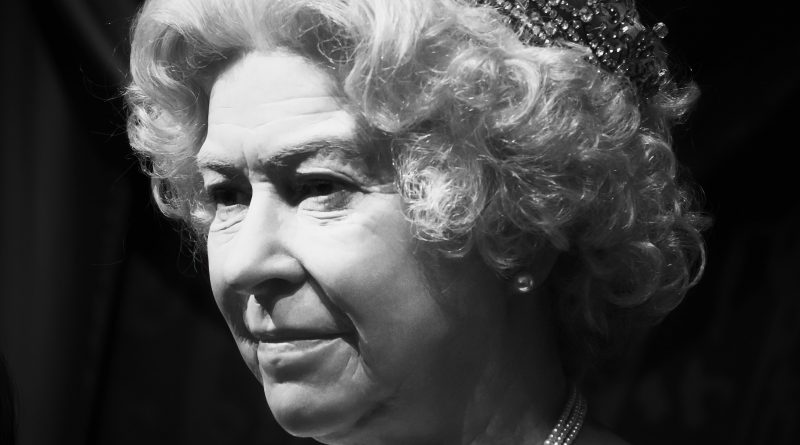Jamaica to Remove Queen Elizabeth II as Head of State
Cat Anderson
Staff Writer
As Jamaica approaches its 60th anniversary of the end of British rule, it has also begun the process of removing Queen Elizabeth II as its head of state and transitioning into a republic, reports The Independent. Jamaica is one of 14 countries outside the United Kingdom that is classified as a Commonwealth, meaning that Queen Elizabeth II is still head of state, according to Time. A new head of state has already been selected from within the Jamaican government, with the overarching goal being a transition from Commonwealth to Republic.
For decades, Jamaicans have been calling on the British government to issue an apology and reparations for the atrocities committed during the 300-year period it ruled over Jamaica, NPR writes. Between 1655 and 1807, the UK sent nearly one million slaves to Jamaica, resulting in a slave population of roughly 300,000 due to high mortality rates, says The Guardian. The government paid reparations only once, in 1834, but the money went directly to slaveholders as compensation for the loss of slaves rather than to the former slaves themselves.
Prince William and Princess Kate were met with protests on their recent royal tour in the Caribbean. Though the official purpose of the tour was to celebrate the 70th anniversary of the Queen’s reign, there is some speculation that it was truly to discourage Jamaica and fellow formerly colonized nations like Belize and the Bahamas from transitioning into republics, Time writes. Prior to the royals’ visit, over 100 influential Jamaican figures signed an open letter calling upon the British monarchy for an official apology and reparations.
The closest Prince William came to such an apology was in his address to Jamaican Prime Minister Andrew Holness, in which he expressed “profound sorrow” for the actions of his ancestors, Time writes. However, as The Washington Post reports, protesters called the speech “tone deaf,” and although it is more than his predecessors have ever offered in terms of an apology, it was simply not enough, they argue, because he never took any kind of responsibility for the pain and suffering his ancestors caused.
Another grievance expressed by protestors is the fact that the royal family still benefits from the profits they made during the colonial period. As the Guardian writes, the British government made a large profit off sugar and rum taxes from Jamaica due to slavery, and a portion of the royal family’s wealth comes from profits made during that period.
While the process of removing the Queen as head of state has already begun, the road to becoming a republic is still long, and the transition for Jamaica will not be easy. One issue, as The Independent writes, is that there is some question as to whether the country’s prime minister truly wishes to seek republic status following his appointment to the Queen’s Privy Council in July.
Another roadblock is that in order to officially transition to a republic, the referendum would need to pass with a two-thirds majority in the Jamaican government, which Time writes may be difficult to achieve. Additionally, according to NPR, Jamaican lawmaker Mike Henry stated that if Jamaica goes forward with removing the Queen as their head of state, it could make it much more difficult to achieve the apology and reparations that they seek.
The damage caused by three hundred years of British colonial rule cannot be resolved overnight, nor will the transition to a republic constitute such a resolution. A failure by the British crown to satisfy calls to resolve colonial-era grievances may see many more Commonwealth countries following in the footsteps of Jamaica.


